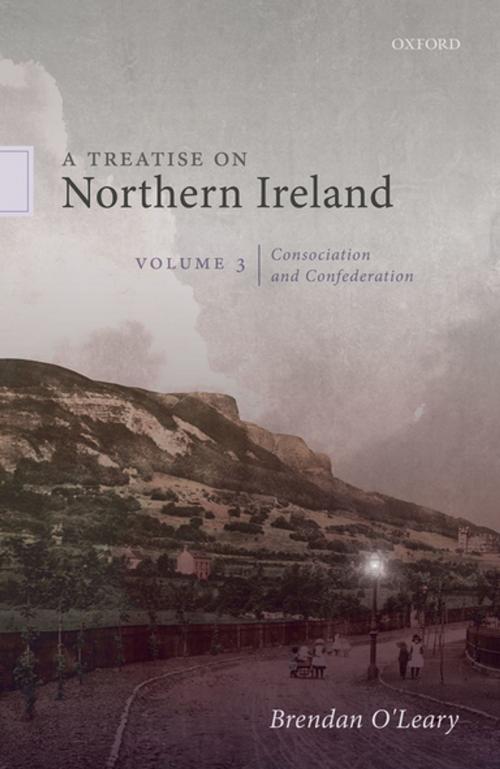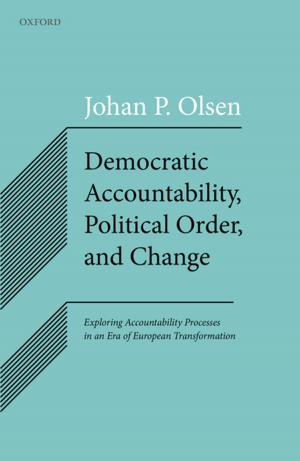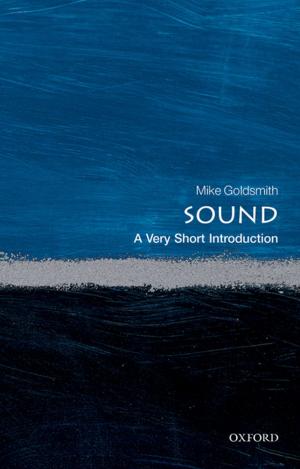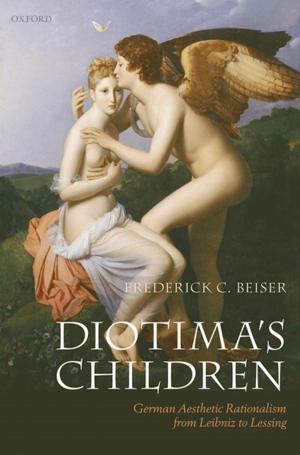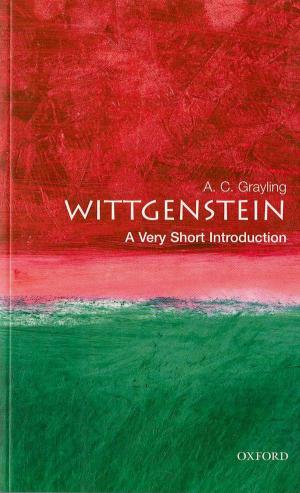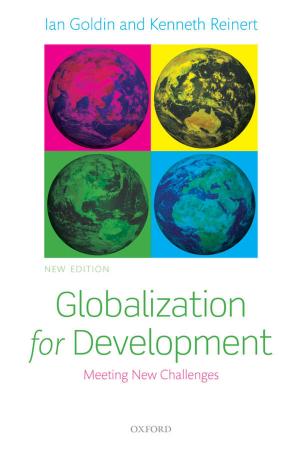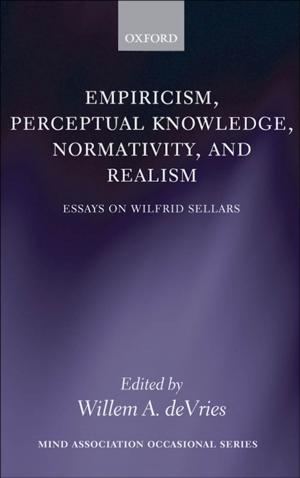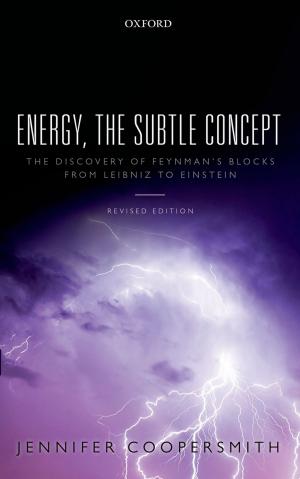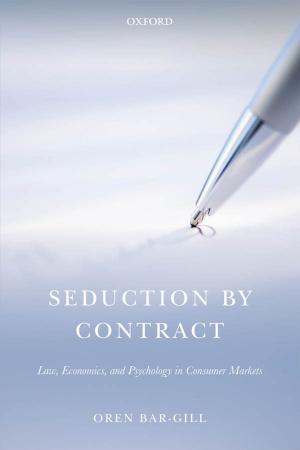A Treatise on Northern Ireland, Volume III
Consociation and Confederation
Nonfiction, Social & Cultural Studies, Political Science, Politics, History & Theory, History, British| Author: | Brendan O'Leary | ISBN: | 9780192566331 |
| Publisher: | OUP Oxford | Publication: | April 4, 2019 |
| Imprint: | OUP Oxford | Language: | English |
| Author: | Brendan O'Leary |
| ISBN: | 9780192566331 |
| Publisher: | OUP Oxford |
| Publication: | April 4, 2019 |
| Imprint: | OUP Oxford |
| Language: | English |
The Good Friday Agreement deserved the attention the world gave it, even if it was not always accurately understood. After its ratification in two referendums, for the first time in history political institutions throughout the island of Ireland rested upon the freely given assent of majorities of all the peoples on the island. It marked, it was hoped, the full political decolonization of Ireland. Whether Ireland would reunify, or whether Northern Ireland remain in union with Great Britain now rested on the will of the people of Ireland, North and South respectively: a complex mode of power-sharing addressed the self-determination dispute. The concluding volume of Brendan O'Leary's A Treatise on Northern Ireland explains the making of this settlement, and the many failed initiatives that preceded it under British direct rule. Long-term structural and institutional changes and short-term political maneuvers are given their due in this lively but comprehensive assessment. The Anglo-Irish Agreement is identified as the political tipping point, itself partially the outcome of the hunger strikes of 1980-81 that had prevented the criminalization of republicanism. Until 2016 the prudent judgment seemed to be that the Good Friday Agreement had broadly worked, eventually enabling Sinn Féin and the DUP to share power, with intermittent attention from the sovereign governments. Cultural Catholics appeared content if not in love with the Union with Great Britain. But the decision to hold a referendum on the UK's membership of the European Union has collaterally damaged and destabilized the Good Friday Agreement. That, in turn, has shaped the UK's tortured exit negotiations with the European Union. In appraising these recent events and assessing possible futures, readers will find O'Leary's distinctive angle of vision clear, sharp, unsentimental, and unsparing of reputations, in keeping with the mastery of the historical panoramas displayed throughout this treatise.
The Good Friday Agreement deserved the attention the world gave it, even if it was not always accurately understood. After its ratification in two referendums, for the first time in history political institutions throughout the island of Ireland rested upon the freely given assent of majorities of all the peoples on the island. It marked, it was hoped, the full political decolonization of Ireland. Whether Ireland would reunify, or whether Northern Ireland remain in union with Great Britain now rested on the will of the people of Ireland, North and South respectively: a complex mode of power-sharing addressed the self-determination dispute. The concluding volume of Brendan O'Leary's A Treatise on Northern Ireland explains the making of this settlement, and the many failed initiatives that preceded it under British direct rule. Long-term structural and institutional changes and short-term political maneuvers are given their due in this lively but comprehensive assessment. The Anglo-Irish Agreement is identified as the political tipping point, itself partially the outcome of the hunger strikes of 1980-81 that had prevented the criminalization of republicanism. Until 2016 the prudent judgment seemed to be that the Good Friday Agreement had broadly worked, eventually enabling Sinn Féin and the DUP to share power, with intermittent attention from the sovereign governments. Cultural Catholics appeared content if not in love with the Union with Great Britain. But the decision to hold a referendum on the UK's membership of the European Union has collaterally damaged and destabilized the Good Friday Agreement. That, in turn, has shaped the UK's tortured exit negotiations with the European Union. In appraising these recent events and assessing possible futures, readers will find O'Leary's distinctive angle of vision clear, sharp, unsentimental, and unsparing of reputations, in keeping with the mastery of the historical panoramas displayed throughout this treatise.
